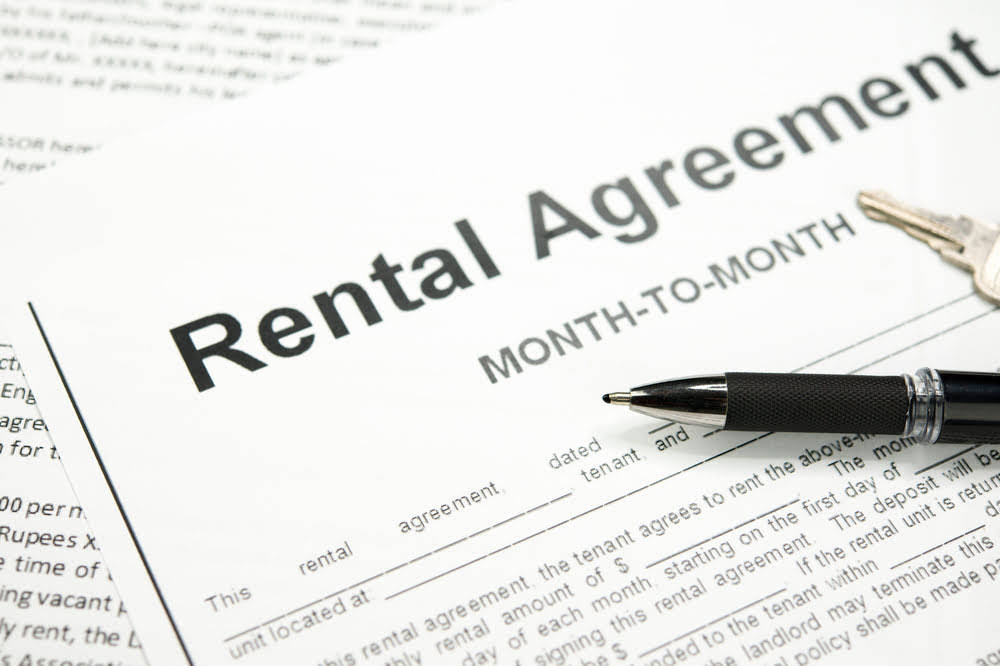Bookkeeping for Real Estate 7 Strategies to Manage Your Finances

It’s said that 90% of entrepreneurs fail with their first few businesses and many they say it’s because of bad bookkeeping practices. The numbers got away from them because they didn’t see the warning signs. All tenants’ security deposits should have a ledger account for balance, transactions, and dates. Security deposits must be reported per trust fund rules and held in a separate account from your operating account. Check your bank statements and security deposit bookkeeping for real estate investors ledger regularly and report discrepancies.

Top 5 Bookkeeping Mistakes To Avoid For Small Business Owners
By contrast, Stessa updates the value of a property by periodically marking https://www.instagram.com/bookstime_inc the price to market.

Hiring a Professional Bookkeeper
- You can use this information to generate reports, which we will discuss the importance of later in the article.
- Proper bookkeeping provides real estate businesses with a clear and accurate picture of their financial health.
- You can use this information to make tax payments and prepare the business owner for a potential audit.
- Having organized bank statements, income records, and expense reports means that the real estate business can readily demonstrate its financial dealings and stand up to scrutiny.
- Over the years, houses tend to increase in value due to appreciation, so carrying the property at the purchase price understates the true amount of owner’s equity.
- Business and personal income and expenses should not be commingled with one another.
A book is a record (be it soft or hard copies) of every financial transaction your business makes. If you create your own bank account for your business (see tip #1) and have a debit card or credit card for your business, it is easy to track your expenses online and place them into your Excel spreadsheet. You can also utilize helpful software systems like Quickbooks to keep track of rent payments and your expenses. It’s not the first topic that comes to mind when you’re looking to invest in real estate; however, it is an essential part of managing and owning property. It may even be the most important part, as good bookkeeping can keep a company in the black. The most important factor a good bookkeeping system can help you understand is your return on investment (ROI).
- With modern bookkeeping software, accessing financial data becomes a breeze.
- Well kept books help you see exactly where your business sits and show you where you can take it.
- Each time a transaction occurs, the income or expense is recorded under the appropriate category and account.
- As we’ve explored, the right strategies can transform the way you manage your finances, ensuring a stable foundation for your business.
- Whether hard or soft, your supporting documents should be organized per annum.
- This doesn’t mean you have to wake up every morning and watch CNBC, but even a generic finance article will help.
Association Fees and Expenses

Maintaining a healthy working relationship requires effective communication and conflict resolution. Open communication and fair conflict resolution can be achieved through joint venture agreement meetings, reporting requirements, and dispute resolution provisions. The table below shows the schedule of amortisation in the case of a home loan This table represents the first three payments of the loan. As the payments progress, the interest portion decreases, and the principal portion increases.
- Additionally, you should be aware of any expenses that can be deducted from taxes and provide evidence for any write-offs.
- Simultaneously, examine your financial statements to stay informed about your cash flow and anticipate any potential issues.
- For instance, let’s examine a property valued at Rs 1 crore with a 20% down payment and a 10% interest rate over 20 years.
- The numbers got away from them because they didn’t see the warning signs.
- Say goodbye to piles of paperwork and time-consuming manual tracking—we automate inputs directly from linked accounts.
- This is crucial to manage and improve the creditworthiness of the real estate business.
For many individuals diving into the realm of real estate, the very concept of bookkeeping for real estate might seem like a daunting task. However, in the high-stakes world of real estate business, maintaining an organized and meticulous record of all financial transactions is not only necessary but imperative for success. With user-friendly accounting solutions made available to businesses of all shapes and sizes, there is really no excuse not to get started today. As you start your own real estate investing business, it may seem tempting to manage your finances the same way you always have. However, as soon as you begin working on your first investment you need to take business finances more seriously. This means keeping your business and personal accounts separately, and not mingling charges between the two accounts.
Mastering the intricacies of bookkeeping is crucial for every real estate professional. As we’ve explored, the right strategies can transform the way you manage your finances, ensuring a stable foundation for your business. Whether it’s an invoice for a repair or a receipt for a business-related travel expense, keeping comprehensive records is crucial. In the event of an audit or a financial dispute, these documents are invaluable. The dynamic world of real estate taxation demands businesses stay updated.

- Our online software allows small business owners to take control of their accounting challenges easily, thanks to receipt tracking, automated reconciliation, and easy-to-read metrics.
- There’s a very real learning curve if you’re going to take care of the bookkeeping duties yourself.
- So, it allows them to get a tax write-off for depreciation to help them cope with these costs.
- Most importantly, by creating a separate bank account, your personal assets and tax documents will not come under fire in the event of an IRS audit.
- Failing to regularly match transactions can lead to discrepancies, missed expenses, or even undetected fraudulent activities.
- It will be best to use a separate bank account for each property you manage as a beginner.
It’s entirely possible to find an adaptable solution that accommodates your business practices, whether that includes property management, working with tenants, or tracking commissions. Real estate accounting refers to the monthly and yearly financial tasks a business owner must perform to keep their operations running smoothly. More specifically, real estate accounting deals with the potential revenue generated by properties and matters of taxation, including crucial real estate agent tax deductions. While properties generally appreciate over time, the IRS allows investors to deduct a portion of the property’s https://www.bookstime.com/ cost as depreciation each year.



